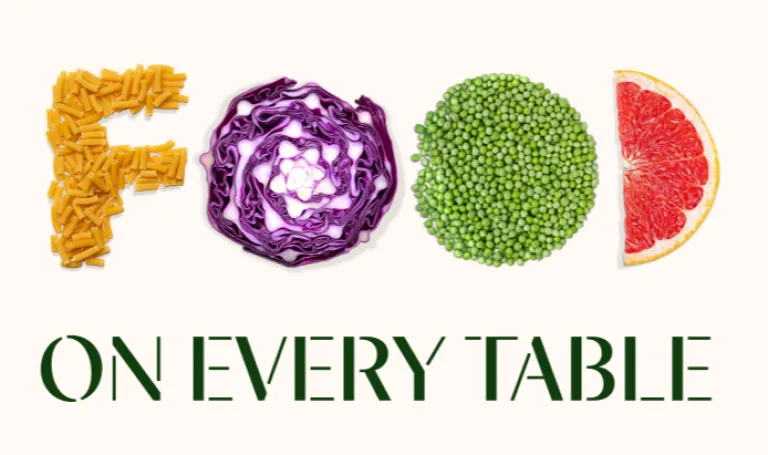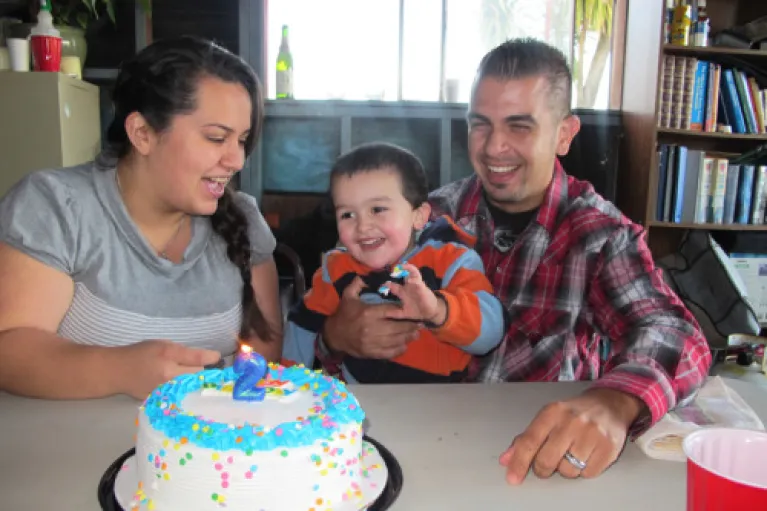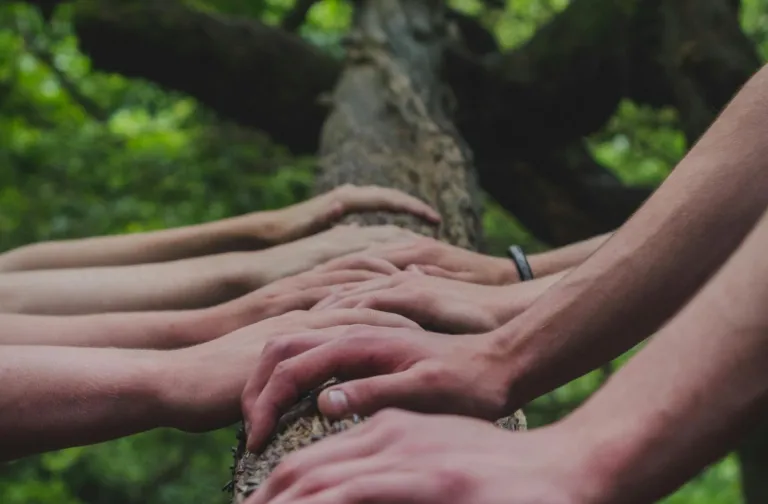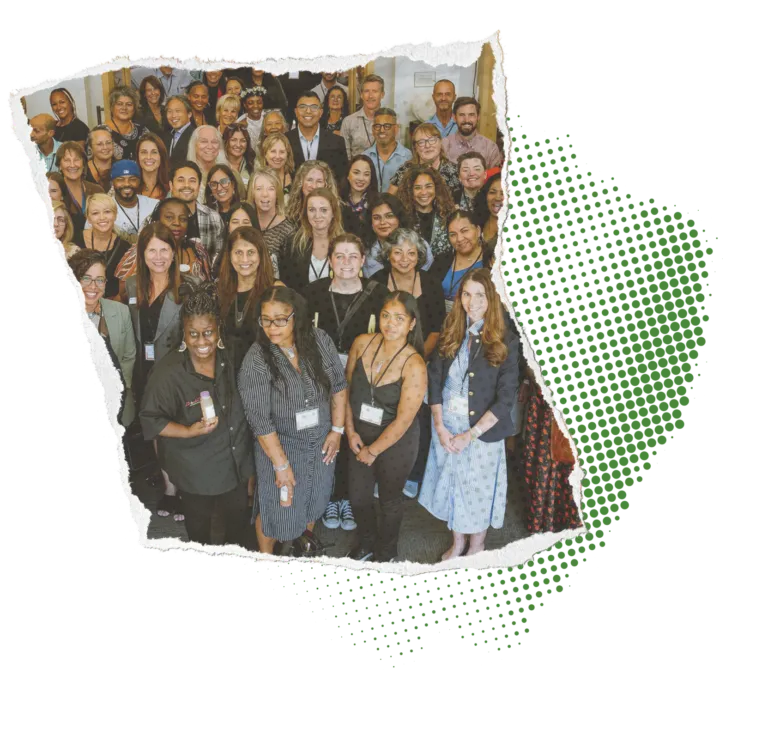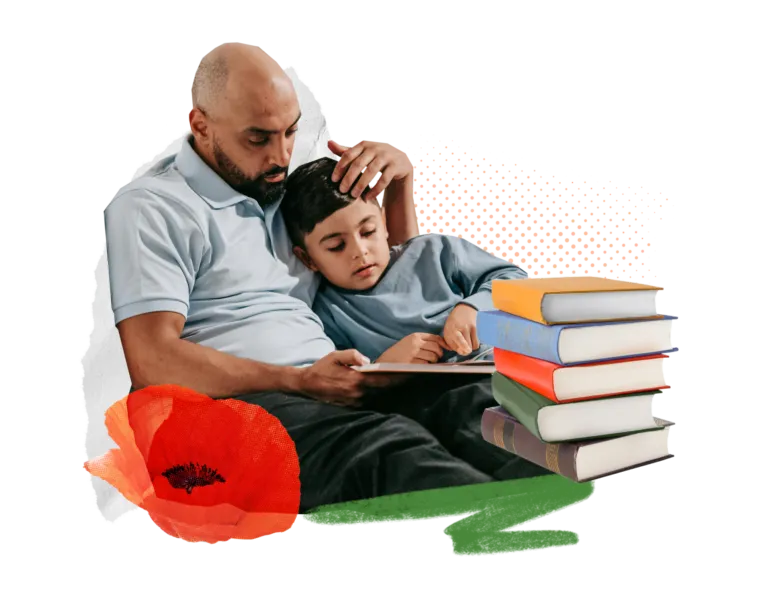Community Power
Nonprofit organizations in Marin represent a 24/7, boots-on-the-ground presence in the county. Day in and day out, they provide crucial services to those in need. They are the groups that embody and represent the power of community and the ability of community itself to care for, uplift, and transform.
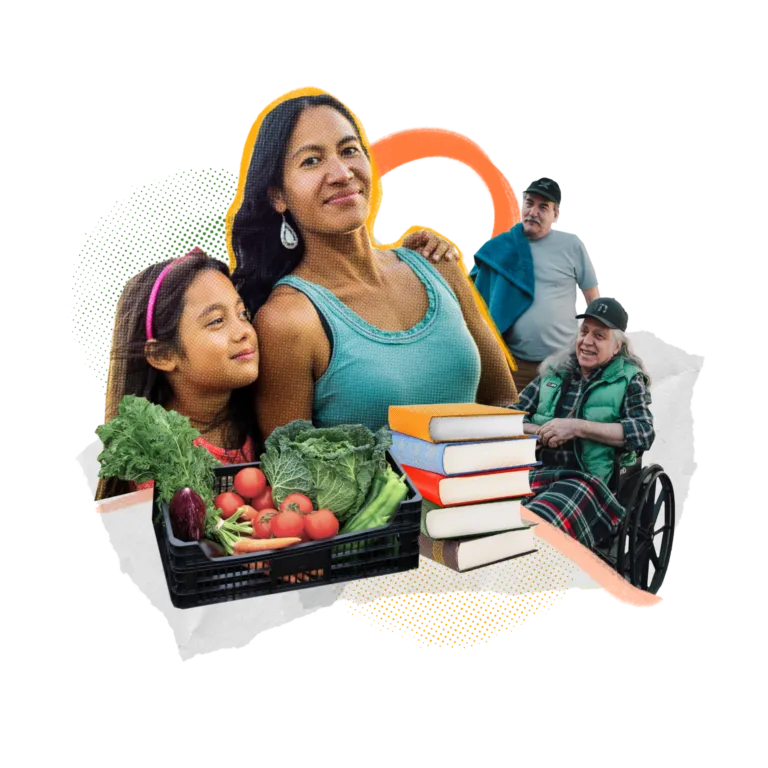
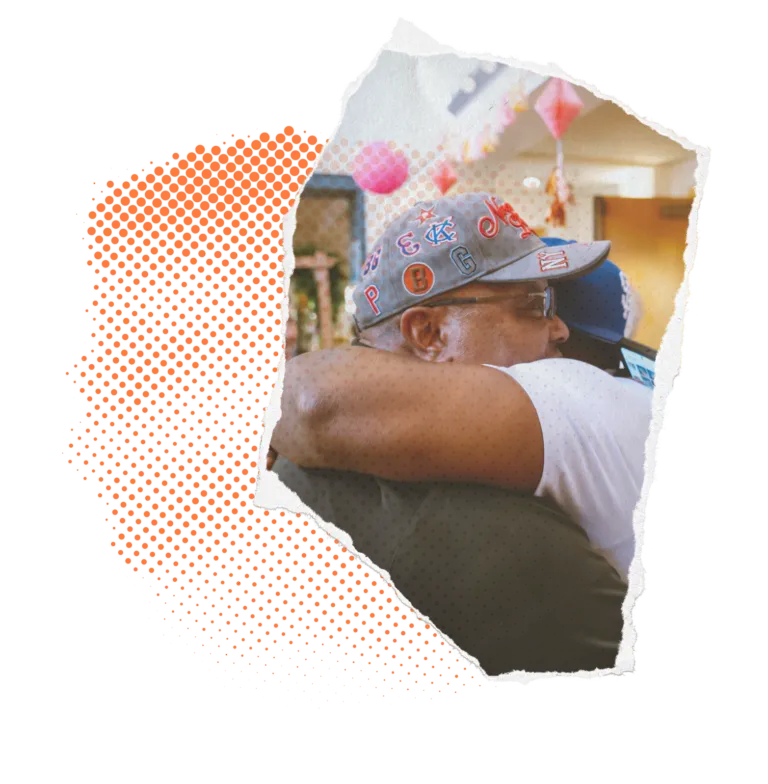
A transition of power
Too often though, philanthropic support comes with more strings than flexibility, more reporting requirements than partnership, and as many months of application-writing as months of support.
Nonprofit leaders are left chasing dollars instead of serving their communities and fighting for equity. Power ends up residing with grantmakers instead of communities.
We believe the time has come to put more power in the hands of those who are most directly engaged in the work.
Our vision
To support this commitment, we launched the Community Power Initiative – a three-year, $30 million program to explore a new model for how MCF can support nonprofits. Through multi-year, general operating grants, our goal is to reduce administrative burden, increase flexibility, build and sustain the health and vitality of organizations, recognize innovative ones, and ultimately empower leading organizations throughout Marin County to flourish and focus on the critical work at hand.
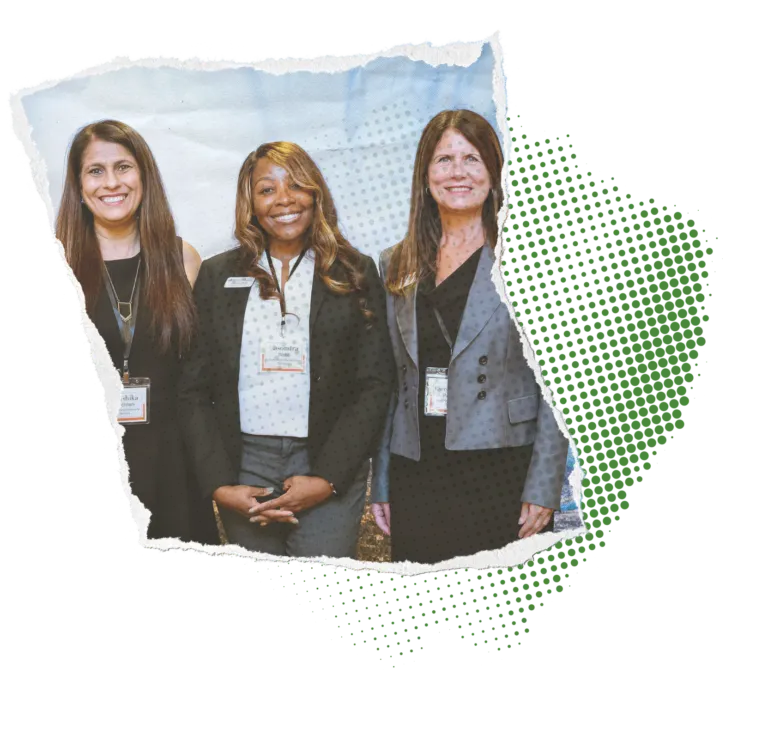
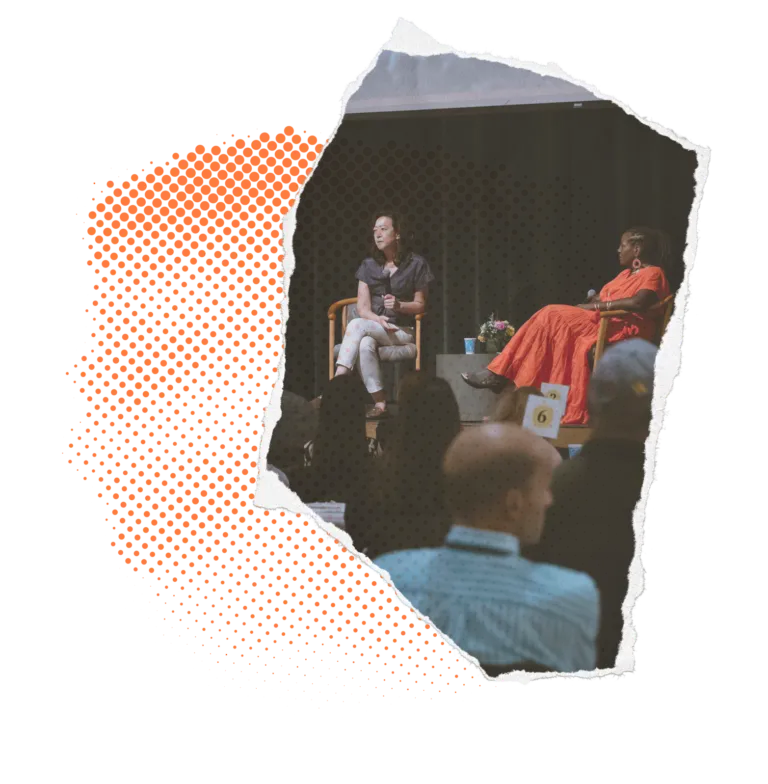
Our approach
Through an open RFP process, we sought to support organizations and collaboratives that work with and support Marin’s most marginalized communities. While the support reaches county-wide, it gives special attention to the areas which continue to be geographically, socioeconomically, and racially segregated: the Canal in San Rafael, Marin City, West Marin and pockets of Novato.
The outcome
73 individual organizations and 9 collaboratives will form the Community Power Initiative portfolio for the next three years. See the list of organizations by clicking the link below. They represent larger, long-established nonprofits, small, newly founded organizations, and everything in between. They span dozens of issue areas and come from every corner of the county.
What unites them is a commitment to serving those in our community who are facing the most profound challenges, and doing so in a way that puts equity at the center of their missions
The process allowed us to learn so much about the role we can play in our community, the health of the county, the biggest issues facing nonprofits and how we can continue to do better.
Need Resources?
See our full collection of resources for legal, financial, fundraising, cybersecurity.
Trust-based philanthropy resources
Interested in learning more? Selected reports and research papers are below.
